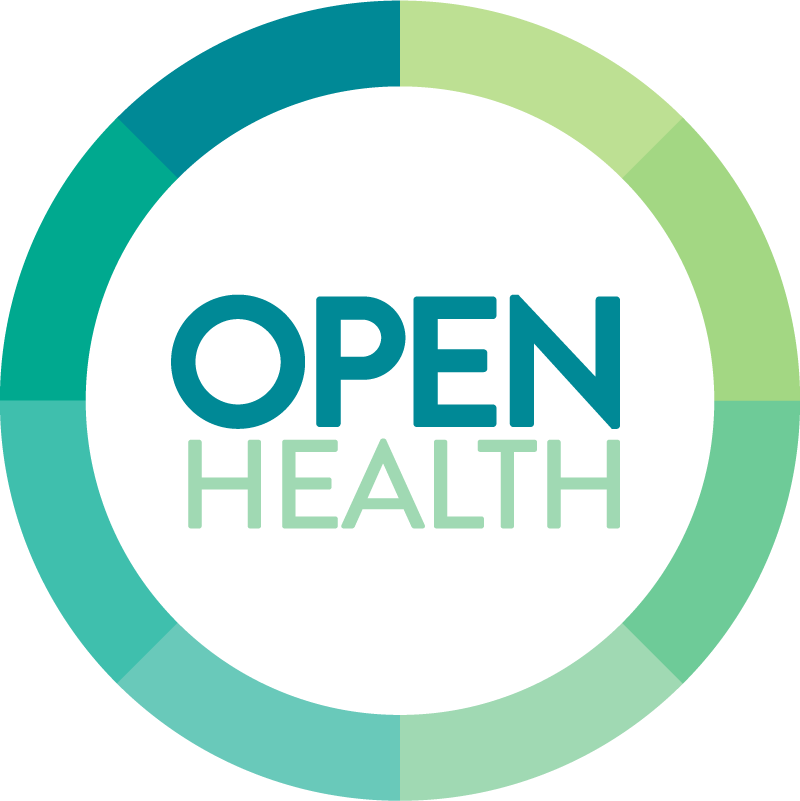Open Talks Health Conference
Open Talks Health Conference is a component of our community health education initiative to provide year-round comprehensive health care training for clinicians, patients and consumers. Held annually in the fall, the conference provides CE approved sessions for nurses, social workers, LPC, students and other health care professionals on various disease states affecting the residents of Baton Rouge.
2021 Virtual Conference
This year, our planning committee has selected the theme, “Quality Across Your Organization”. Dates to be announced soon.
Virtual Conference in 2020
Our conference theme in 2020 was the Social Determinants of Health (SDoH), which is defined by the World Health Organization as the settings in which people are born, grow, live, and work. We focused on three tracks: Community Health (access to care, access to primary care, and health literacy), Social Community Context (civic participation, discrimination, incarceration, and social cohesion), and Neighborhood and Built Environments (access to healthy foods, crime and violence, housing quality, and conditions of the environment). SDoH influence health outcomes and include, but are not limited to, availability of safe housing, healthy food options, access to health care, transportation, quality of schools, job opportunities, and local policies. Clinical care is estimated to contribute only 20% to health outcomes. The other 80% is linked to the SDoH. It is imperative for healthcare professionals to explore and understand SDoH so they can account for the additional 80% to improve the health and quality of life for their clients and communities.
Agenda*
Friday, September 4
11:00am - Keynote
“Tools for Understanding and Applying the Social Determinants of Health in Healthcare and Community Health”
This presentation will provide a definition of Social Determinants of Health healthcare solutions. The presenter will address the emergence of SDOH as a framework for understanding the health equities that produce health disparities among ethnic minorities and vulnerable populations. The presentation will address the paradigm shift that has been created with the acknowledgement of the health impact of SDOH; i.e., from blaming the patient to understanding the broader environmental contexts that influence vulnerable patients’ health status and response to treatment. Finally, the presenter will discuss how the social ecological model can be used as a tool for planning and decision making for determining an appropriate agency response to SDOH and provide a couple to examples.
Marsha Broussard, Dr.PH, President and CEO, Policy and Action for Community Health
2:00pm
“Maternal Mortality and Racial Disparities: Why Black Women are Disproportionately Affected”
Maternal mortality is increasing in the United States. Black women are disproportionately affected dying at a rate 3 to 4 times higher than their white counterparts. There are various clinical and social factors contributing to this racial disparity. We will explore the causes and describe pathways to improvement.
Veronica Gillispie-Bell, MD, MAS, FACOG, Medical Director, Louisiana Perinatal Quality Collaborative and Pregnancy Associated Mortality Review, Louisiana Department of Health and Senior Physician, Obstetrics & Gynecology, Ochsner Health System
Friday, September 11
11:00am
“Public Health Policies that Contribute to Health Disparities”
In this session participants will learn to analyze public health policies. Participants will explore the positive and negative impact public health policies have on and contribute to social determinants of health. Participants will learn how the social determinants of health that we see everyday in the health care field are caused by inadequate and ineffective public health policies on the local, state and federal level. Participants will learn effective tools to advocate for policy change.
Raegan Carter, MSW, MPH, Adjunct Professor at Southern University, Consultant at the Louisiana Primary Care Association
Friday, September 18
11:00am
“Promoting Health Literacy: A Path to Health Equity”
Connie Arnold, PhD and Terry Davis, PhD, Professors, Department of Medicine, LSU Health-Shreveport
This presentation will frame health literacy as a way to take action on social determinants of health to improve health disparities. The session will put a face on health literacy showing patients literacy and numeracy struggles with common health self-management tasks. We will give evidence-based information to illustrate the impact of low health literacy on medication management and participation in clinical trials. We will share lessons learned and practical information on developing literacy appropriate health materials and improving oral and written patient communication. We will also discuss health literacy considerations with COVID -19 health initiatives.
2:00pm
“Perceptions of Food Access and Experiences with the Local Food Environment Among Low Income Residents”
The session will address perceptions of food access and experiences with the local food environment among low income residents. We will discuss how food access and the local food environment can influence food insecurity rates and health, what we know about food environment and food access among rural vs. urban areas, and how food access can influence health. The session will also briefly discuss a recent study in Louisiana regarding food access among low-income, marginalized rural residents.
Denise Holston-West, PhD, RDN, LDN, Director, LSU Ag Center Healthy Communities Initiatives
Friday, September 25
11:00am
“Operationalizing Health Equity in an Organization to Better Meet the Needs of the Community”
The session is a review of the Louisiana Department of Health's health equity plan's development process, and the health equity practices, protocols within the plan.
Earl Benjamin-Robinson, Dr. H.Sc., Deputy Director, Office of Community Partnerships & Health Equity, Louisiana Department of Health
*This program is approved for 6 general contact hours by NASW-LA as authorized by the Louisiana State Board of Social Work Examiners. Each session is approved for 1 general contact hour.
*The Louisiana Counseling Association is approved by the Louisiana Licensed Professional Board of Examiners to offer continuing education for Louisiana Licensed Professional Counselors and Provisional Licensed Professional Counselors. This program meets requirements up to 6.0 continuing education clock hours for Louisiana Licensed Professional Counselors. Each session is approved for 1.0 continuing education clock hour.
If you are interested in staying up to date on our conference agenda, please subscribe to our newsletter below.




